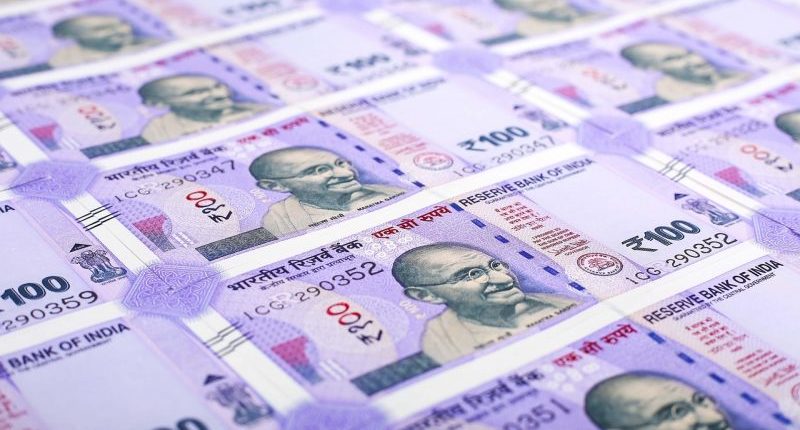A salary overdraft is a form of revolving credit that can be availed based on your salary account. With a salary overdraft, you will be able to withdraw a specific amount over and above the balance in your salary account when you require it.
Each bank sets its own eligibility parameters for determining the extent of overdraft permitted. Based on the bank and the salary account, in most cases, the credit line ranges from one to three times the net monthly salary of an account holder. Nevertheless, an overdraft may be limited to 80-90% of the net salary in other cases.
When you need fast cash or an instant credit line due to an unexpected expense or to deal with any unforeseen financial emergency, a salary overdraft comes in handy. Since it is pre-approved, it is a suitable credit facility for dealing with unforeseen financial circumstances.
A salary overdraft account also helps to avoid EMI, unintentional cheque, or SIP bounces due to insufficient funds in your salary account. The salary overdraft interest rates for a few banks have been mentioned below:
| Bank Name | Interest Rates (% p.a.) |
| Citi Bank | 16% to 19% |
| HDFC Bank | 15% to 18% |
| ICICI Bank | 12% to 14% |
| IDBI Bank | 11.05% |
| Standard Chartered Bank | 15.5% |
(Note: Interest rates mentioned are as of 14th June 2021)
Please note, not all salary accounts come with an overdraft option. The overdraft facility is provided at a bank’s discretion only to specific salary account holders based on their eligibility and credit history. When you open an overdraft account, a processing fee will be applicable. An annual renewal fee also will be applicable when you intend to revolve the credit for more than one year.
The average interest rate concerning salary overdrafts can be anything between 1-3% per month and 12-30% per annum based on the bank. However, interest will be levied only on the withdrawn amount and not on the complete sanctioned limit for the period till it is repaid. A salary draft account comes with higher repayment flexibility since repayments are not made via EMIs.
An account holder can repay whatever amount he or she has drawn either in parts or entirety according to his or her repayment capacity. Prepayment charges will not be applicable too. Nevertheless, an individual who is availing salary overdraft facility has to service the interest component of the drawn amount on a month-on-month basis.
For any clarifications/feedback on the topic, please contact the writer at bhavana.pn@cleartax.in
Bhavana is a Senior Content Writer handling the GST vertical. She is committed, professional, and has a flair for writing. When away from work, she enjoys watching movies and playing with her son. One thing she can’t resist is SHOPPING! Her favourite quote is: “Luck is what happens when preparation meets opportunity”.





